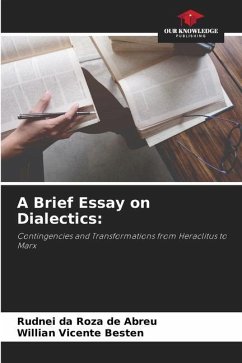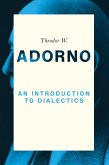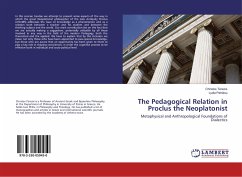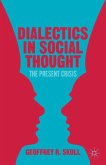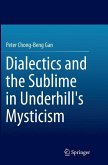Dialectics, in its genesis, was taken as the art of dialogue, although, throughout history, it has assumed different forms from the mental maps that have guided the concept. When considering the various changes and vicissitudes it has undergone, we arrive at the question: What dialectics? The aim of this paper is to reflect on and problematize in a critical way the historical development and the main divergences contained in the different meanings of the concept of dialectics, seeking to explain the contingencies and transformations that have occurred since its foundation in the West, arising from the clash between the theories of Parmenides of Elia and Heraclitus of Ephesus, until Karl Marx, where dialectics took on aspects never before observed. In this way, we sought to unveil a dialectic whose identity, because it is such and such it is, is not inert.

